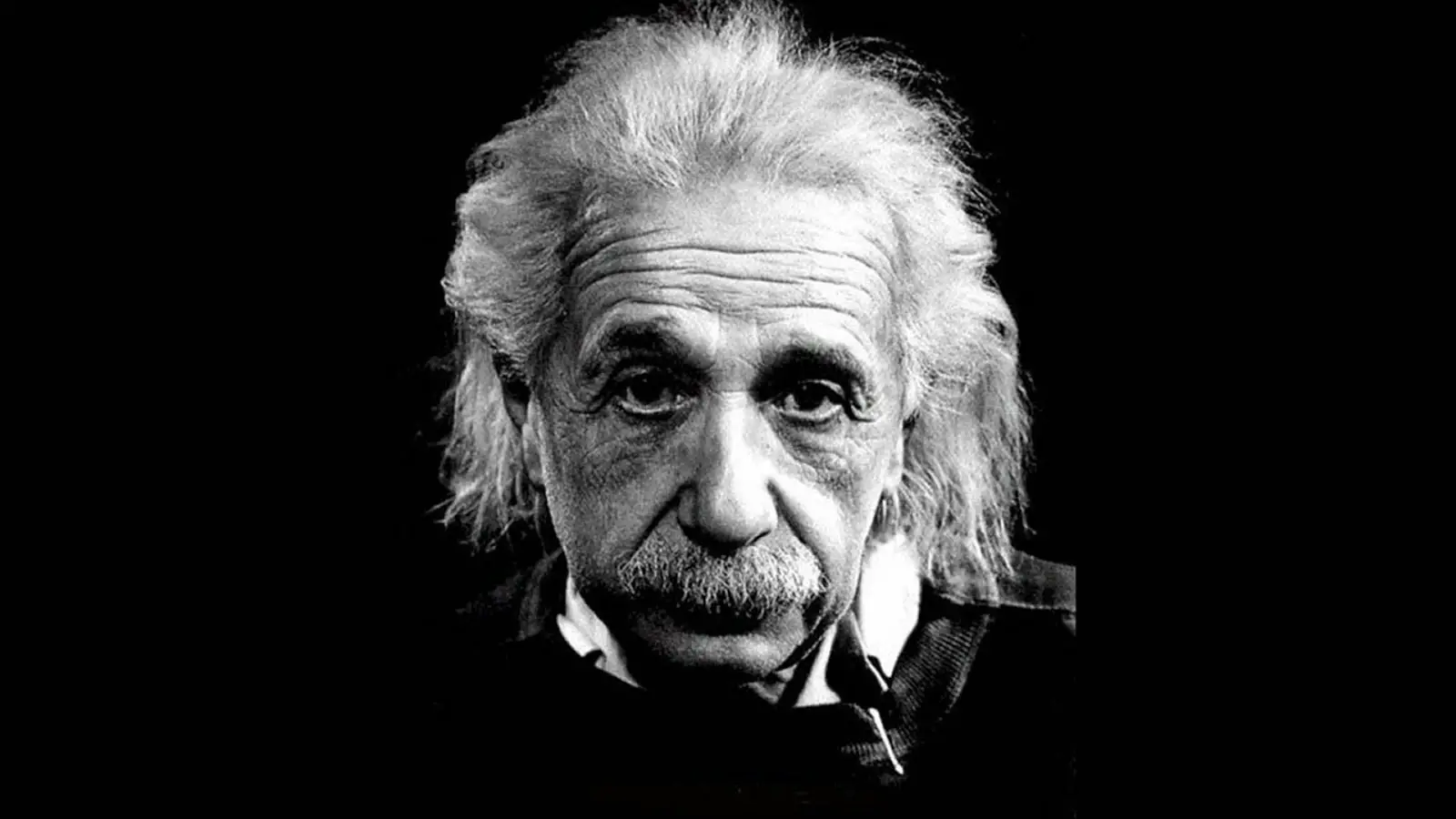
Back in 2012, Albert Einstein’s much-debated “God Letter” was sold on eBay for just over $3 million. But the famous physicist’s thoughts on the Almighty are still aggressively bid upon by believers and non-believers alike.
The handwritten letter was sent to Jewish philosopher Erik Gutkind in 1954 just before Einstein’s death, and it addressed many philosophical themes, including religion. The letter is also clear evidence that Einstein towards the end of his life rejected the idea of a personal god.
Why is this relevant? Because people of faith are still aggressively trying to claim him as their own.
Some religious figureheads such as Ray Comfort claim that Einstein believed in some form of God and acknowledged a higher power’s presence.
“Although he clearly didn’t believe in a personal God [like the one in Christianity],” Ray Comfort says in his book Einstein, God, and the Bible.
“Einstein wrote that he wanted to know ‘His’ thoughts, referred to God as ‘He,’ and acknowledged that He revealed ‘Himself.’”
But in contrast, vocal atheists such as Richard Dawkins and the late Christopher Hitchens claimed Einstein was in their camp.
A quote that the faithful like to point to is from an interview Einstein gave in the book Glimpses of the Great:
“I am not an Atheist. I do not know if I can define myself as a Pantheist. The problem involved is too vast for our limited minds.
[…]
The child dimly suspects a mysterious order in the arrangement of the books but doesn’t know what it is. That, it seems to me, is the attitude of even the most intelligent human being toward God.”
But Einstein’s letter to Gutkind one year before his death seems to put the debate to an eternal rest. Here’s a partial translation.
The word God is for me nothing more than the expression and product of human weaknesses, the Bible a collection of honorable, but still primitive legends which are nevertheless pretty childish. No interpretation no matter how subtle can [for me] change this. These subtilized interpretations are highly manifold according to their nature and have almost nothing to do with the original text. For me the Jewish religion like all other religions is an incarnation of the most childish superstitions. And the Jewish people to whom I gladly belong and with whose mentality I have a deep affinity have no different quality for me than all other people. As far as my experience goes, they are also no better than other human groups, although they are protected from the worst cancers by a lack of power. Otherwise I cannot see anything ‘chosen’ about them.
In general I find it painful that you claim a privileged position and try to defend it by two walls of pride, an external one as a man and an internal one as a Jew. As a man you claim, so to speak, a dispensation from causality otherwise accepted, as a Jew the privilege of monotheism. But a limited causality is no longer a causality at all, as our wonderful Spinoza recognized with all incision, probably as the first one. And the animistic interpretations of the religions of nature are in principle not annulled by monopolization. With such walls we can only attain a certain self-deception, but our moral efforts are not furthered by them. On the contrary.
The full text of Einstein’s “God Letter” can be found here.







Leave a Reply